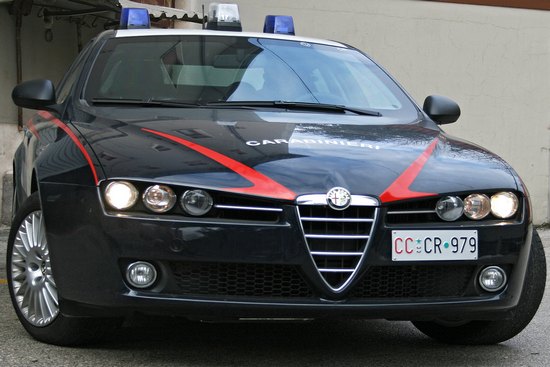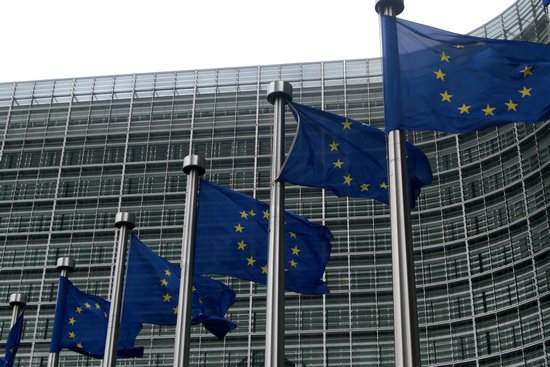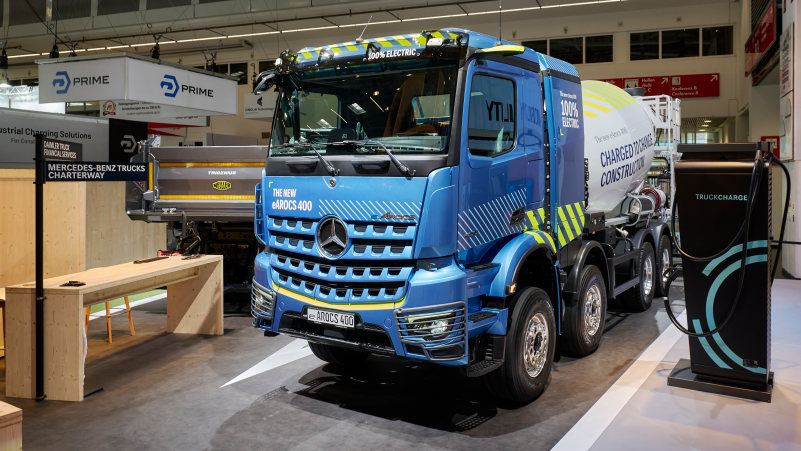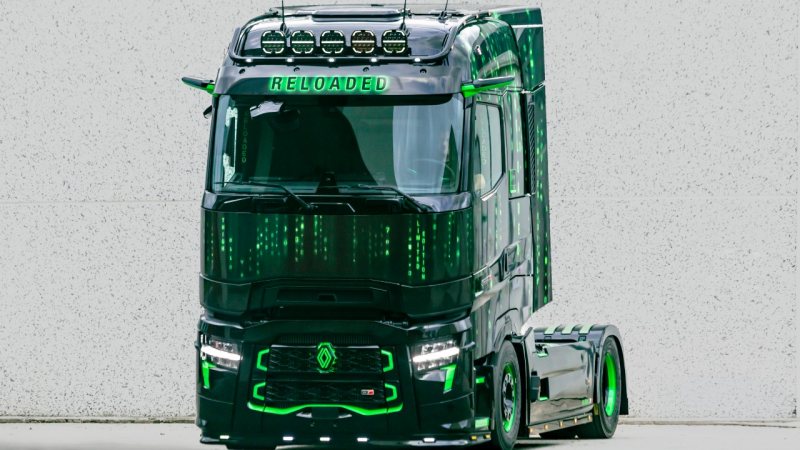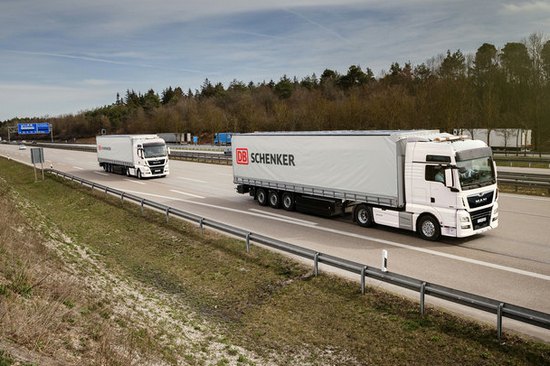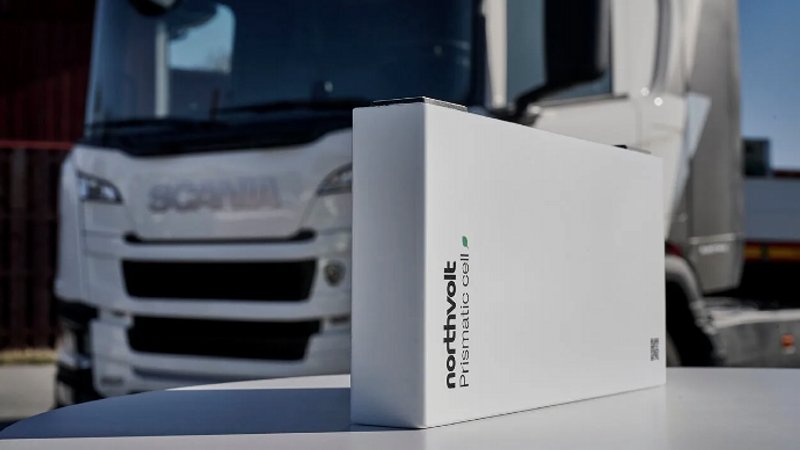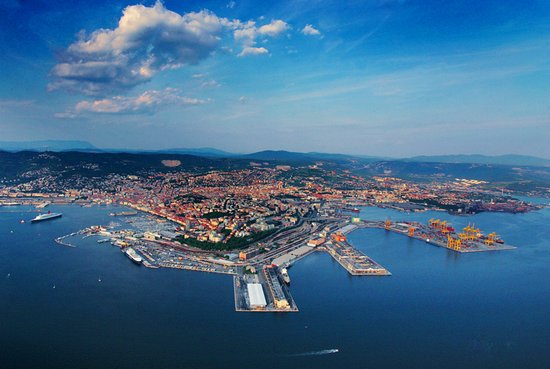On Jan. 16, 2024, representatives of the Polish hauliers and Polish Infrastructure Minister Dariusz Klimczak signed an agreement to suspend the protest at the Poland-Ukraine border. The blockades were removed starting at noon on Jan. 17, 72 days after the protests began, and traffic will flow regularly at least until March 1. In the next one and a half months, Polish hauliers associations will monitor Ukrainian carriers and, should the agreed conditions not be met, new blockades may be established at the Dorohusk, Hrebenne, and Korczowa border crossings.
As emphasized by the protest organizers, a truce has been granted, but should Ukraine or the Ministry of Infrastructure fail to comply with the terms, the border will be besieged again. The agreed conditions were made public by Rafal Mekler, a member of the Konfederacja party and a staunch defender of Polish transporters.
Ukraine has agreed to a one-month pilot project to facilitate EU empty articulated trucks returning to Poland, exempting them from the E-Queue electronic transit control system and allowing them to cross borders without delays. Additionally, Kyiv will urge its carriers not to use the Dołhobyczów-Uhryniv corridor, reserved for EU vehicles, and will monitor traffic to ensure equal treatment for drivers from both countries.
Furthermore, Polish Infrastructure Minister Dariusz Klimczak will present a compensation proposal to the European Commission for companies that lost profit opportunities due to EU concessions to Ukrainian carriers and Western sanctions. The agreement's terms are based on nine points:
- Constant monitoring of the implementation of the agreement, especially on the Ukrainian side;
- Complete exclusion of empty Polish vehicles from the E-Queue system under the one-month pilot program;
- Prohibition of Ukrainian use of the Dołhobyczów-Uhryniv crossing;
- Equal E-Queue system conditions for Polish and Ukrainian carriers;
- Extension of the stay period in Ukraine for EU-registered trucks from 20 to 60 days;
- Continued dialogue with the European Commission for optimizing EU-Ukraine road freight agreements;
- Initiating talks with the EU to establish compensations for companies that suffered losses or missed profits due to sanctions against Russia/Belarus and concessions to Ukraine;
- Strengthening inspections in collaboration with the national police;
- Inviting protest representatives to future meetings of the group tasked with resolving the Poland-Ukraine dispute to assess the proper adherence to agreements.
The news of the protest suspension comes at the end of what appeared to be the most challenging weekend since the dispute began. The queue of trucks at the Przemyśl crossing in the southeast of the country involved 1,260 vehicles and reached a record length of 150 kilometers, paralyzing connections up to the town of Tarnów, near Kraków. Drivers, in addition to enduring endless hours of queuing, were forced to withstand prohibitive weather conditions, with temperatures reaching -20°C.
The severity of the situation and the risk to the drivers' safety may have prompted the associations to formalize an agreement swiftly. On Friday evening, a Ukrainian vehicle, attempting to bypass the blockade and find a new route to the border, reached the city center of Tarnów and was stopped and fined by the authorities.
Marco Martinelli














